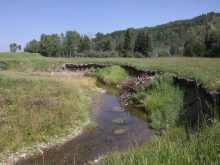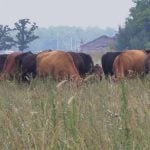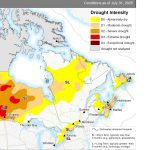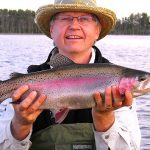While many theories exist about what influences beef marbling, a southern Alberta feedlot veterinarian says observations of declining marbling may be based on anecdotes rather than scientific evidence.
Kee Jim of Feedlot Health Services in Okotoks agrees a correlation exists between feedlot practices and marbling.
“We know several production practices either increase or decrease marbling,” he said.
However, the extent of the correlation isn’t always clear. For example, he said implants affect marbling because they improve weight gain and create more lean muscle mass.
Read Also
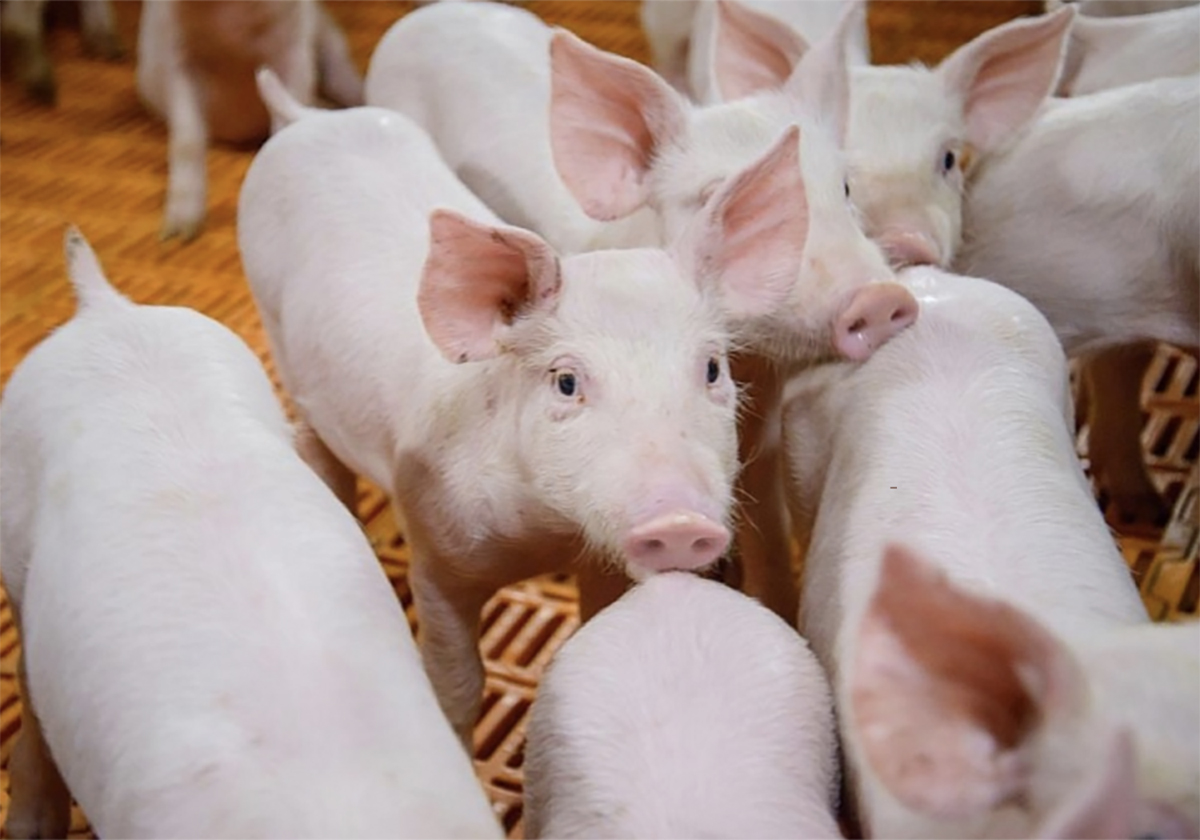
The Western Producer Livestock Report – August 28, 2025
Western Producer Livestock Report for August 28, 2025. See U.S. & Canadian hog prices, Canadian bison & lamb market data and sales insights.
“Everyone knows implant programs decrease AAAs or Choice. That is a fact but the question is by how much.”
He also said research suggests that if cattle go on feed immediately following weaning, high energy rations will improve marbling. His own research showed better marbling on older, heavier cattle.
“There are several reviews out there as to which production practices and technologies influence marbling both positively and negatively,” he said.
“The consistent theme in all of those is generally things that improve the cost of gain, such as implants tend to decrease marbling somewhat.”
According to Canfax statistics, the concern over declining marbling scores in the United States does not appear to be the same in Canada.
Most cattle in Canada grade AAA or AA based on statistics from 2002-05. More cattle also fell within the Yield 1 category, which means 59 percent or better lean yield.
Yield 2 is 54 to 58 percent lean yield and Yield 3 is less than 52 percent lean yield.








